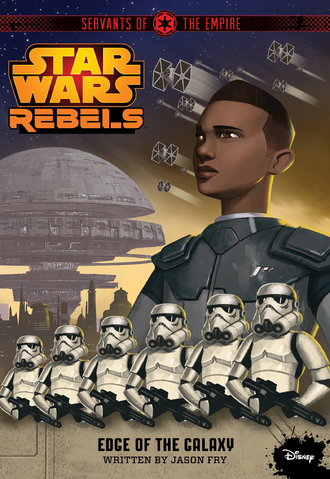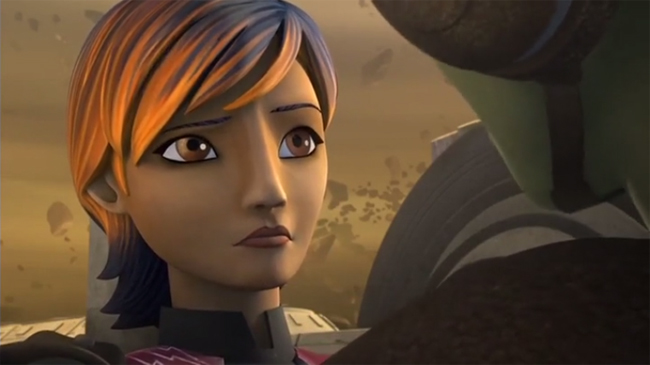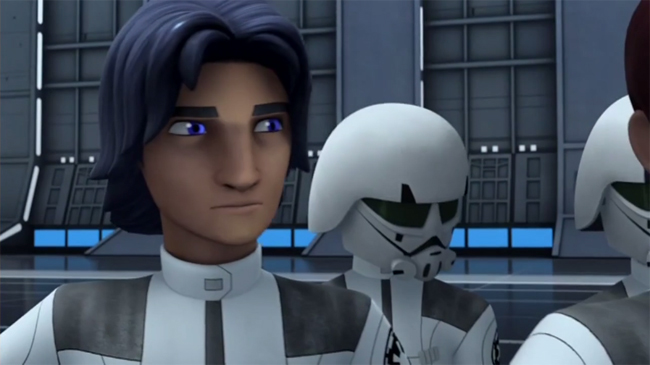 When we last spoke with our good friend Jason Fry, Writer of Things, it was a dark time for the Expanded Universe—at least insofar as there wasn’t one anymore. Jason was already hard at work on Edge of the Galaxy, the first book in his four-part Servants of the Empire series (available now—just click the link above), but he was gracious enough to chat with me at length about the then-breaking reboot news, that whole Wookieepedia “breast” kerfuffle, and his own young adult series The Jupiter Pirates.
When we last spoke with our good friend Jason Fry, Writer of Things, it was a dark time for the Expanded Universe—at least insofar as there wasn’t one anymore. Jason was already hard at work on Edge of the Galaxy, the first book in his four-part Servants of the Empire series (available now—just click the link above), but he was gracious enough to chat with me at length about the then-breaking reboot news, that whole Wookieepedia “breast” kerfuffle, and his own young adult series The Jupiter Pirates.
Now that things have relaxed a bit and the Galaxy Far, Far Away looks to be pretty much the way we left it, Jason was free to speak with me in a lot more detail regarding Edge of the Galaxy, Story Group, and where both of his series are heading. Take a look!




